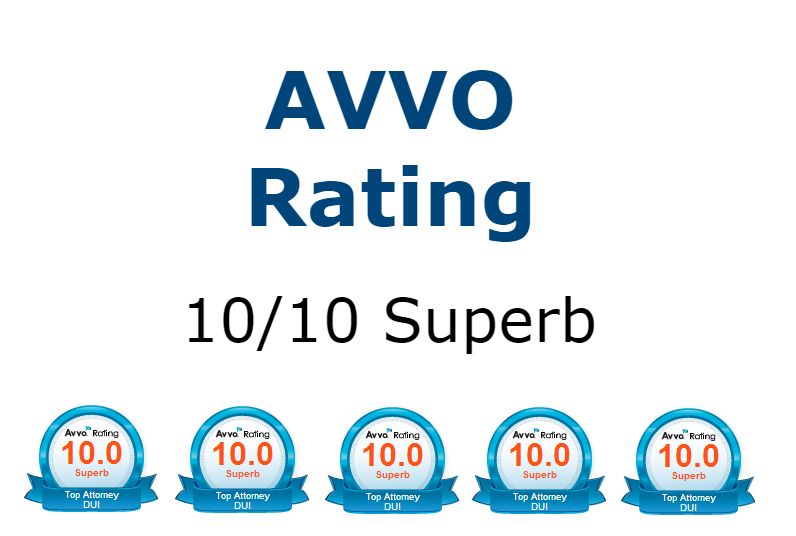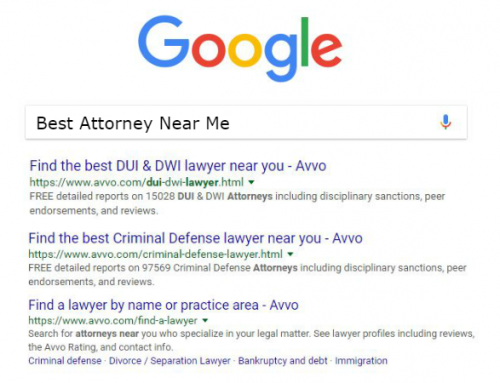Online marketing communities are abuzz as new top level domains, .attorney and .lawyer, are finally available to legal practices across the country. According to ICANN, approximately 1300 new top level domains were released to increase both competition and choice. For many attorneys, the impact of these domains, as well as the choice to pursue one, remains a bit unclear.
Demystifying the Consequences
One of the reasons behind the confusion is the number of expert opinions floating around about virtually everything from whether Google will even recognize this as an important step to the possibility of moving to a new domain will directly impact rankings immediately.
First, a note on Google’s recognition (or lack thereof) of these domains. One quick look at the research on these new domain options reveals one thing – Google purportedly doesn’t care. A 2012 video of Matt Cutts has him stressing Google’s goal returning the best results and saying that the top level domain just doesn’t matter in that equation. Are experts here wrong? Does that top level domain name actually matter? Absolutely.
Google can’t read a website. It doesn’t work that way. Instead, the continually data-consuming bots look to do a number of things. Among them is to better categorize sites. The top level domains can help them do just that. Because the nature of search engine algorithms is so fluid, experts relying on what Matt Cutts said two years ago is a bit like looking to a weather forecast for two years ago. It’s completely irrelevant. These new domains may have significant impact on search in the next few years. Failing to lock them in based on yesterday’s tired predictions is certain to mean excessive catch-up work that your company shouldn’t have to do.
These new domains demand identity verification. You have to be an attorney to buy a .lawyer or .attorney domain. Google has been tossing the idea of identity around for years, and they finally have a way to verify it in their hands. They’re not going to overlook that chance, which is going to make their goal of categorization quite a bit easier.
Now, on to the bigger question of whether it hits that ranking you’ve worked so hard to achieve currently. There are webmasters who will tell you that you can’t simply make that move without a loss in ranking. That’s probably not the case. Sure, shifting domains without other changes can damage the ranking. Google’s address change tool, though, offers you a way to manage the process typically without a loss of search ranking, as the authority and reputation of a site is all transferred to the new URL. It’s a simple process without the drastic consequences so many have suggested.
The Best Chance to Get Ahead is Now
Not many of these domains are showing up in search engine results right now because as advanced as the world might be in the Internet age, the search engine bots can only crawl so quickly, and developers can only work on these new domains so fast. They’re not there yet, but as the year turns to 2015, they’re going to start showing up in those results, and it will most certainly matter to your brand. The choice to move forward now is certainly encouraged.









